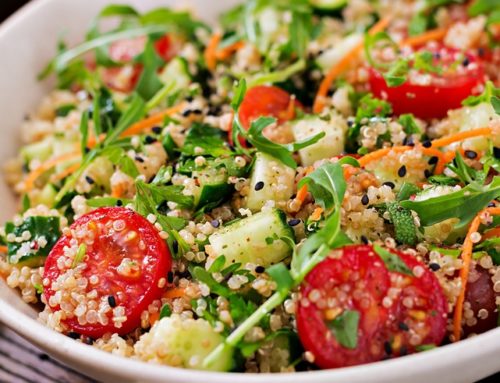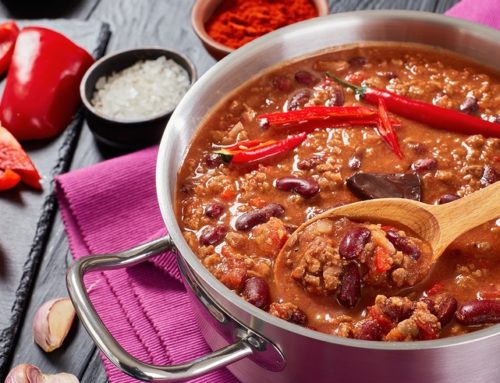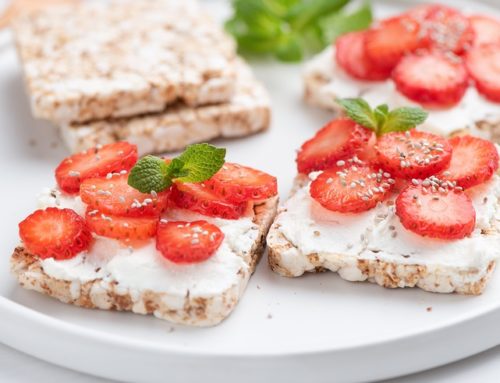Remember when fat was the enemy when it came to those of us interested in weight loss? I certainly do, as I struggled through my own weight loss journey in the 90’s. But the days of eating fat-free cookies for weight loss are now behind us. This ever evolving idea of healthy eating leaves many of my clients wondering, should they be more concerned with calorie counting, or the types of foods they are choosing when it comes to weight loss?
From the nutritionist’s perspective, they are equally important. All calories count, and so being aware of how many we are consuming will always be important. This is where the value of using some sort of food diary, such as that available on the portal, comes in. This provides a very cut and dry way of evaluating how much energy (in the form of calories) we are consuming. In order to promote weight loss, we need to create an energy deficit by consuming less energy than we expend through our daily activities and metabolism (i.e. maintaining all our body functions such as breathing, and muscle tone).
But a growing body of research indicates that what we eat also makes a difference in not only our ability to lose weight, but also in our overall health. For example, consuming a high protein meal like grilled chicken or eggs, will leave you feeling more satisfied for a longer period of time than a meal high in carbohydrates. When it comes to carbohydrates, certain choices are better than others at controlling appetite and cravings, as well as providing valuable nutrition such as dietary fiber and vitamins & minerals. Refined carbohydrates like white breads and pasta, as well as sugar-containing items will send blood sugar soaring and then crashing quickly, leaving you soon hungry again. Better choices are high in dietary fiber, with a low glycemic index, such as whole grains, beans, and fruits like apples and pears.
So, here is the the take-home message: Watching your calorie intake is necessary to lose weight. But the food choices you make can either make this easier, or more difficult, to do. Focus on high quality proteins and vegetables, and make smart carbohydrate choices that are low in added sugar, and high in nutrition such as quinoa, steel cut oats, and whole fruit. For more, speak with your Nutrition Specialist.





